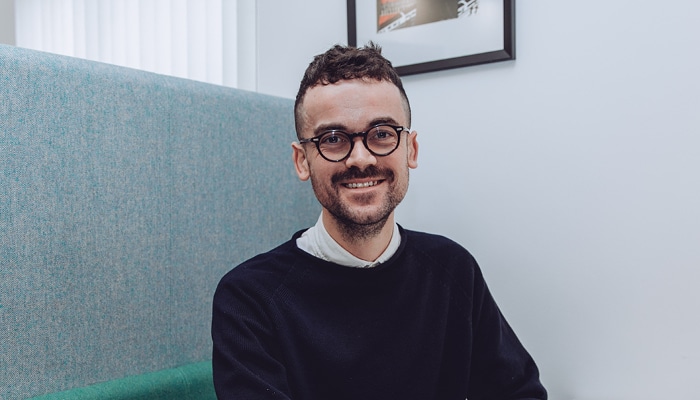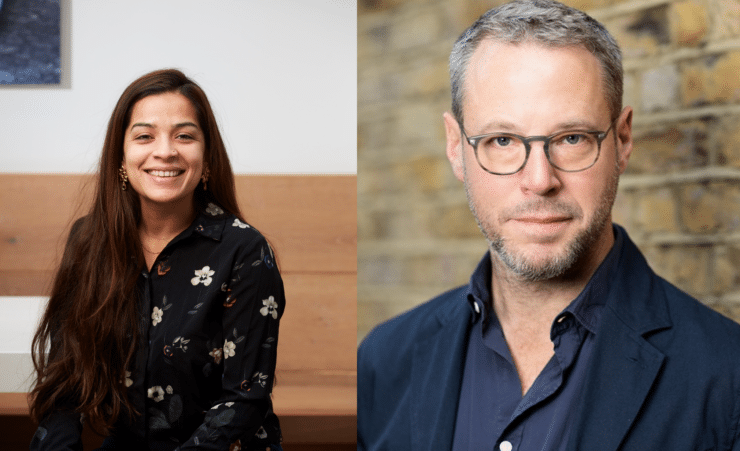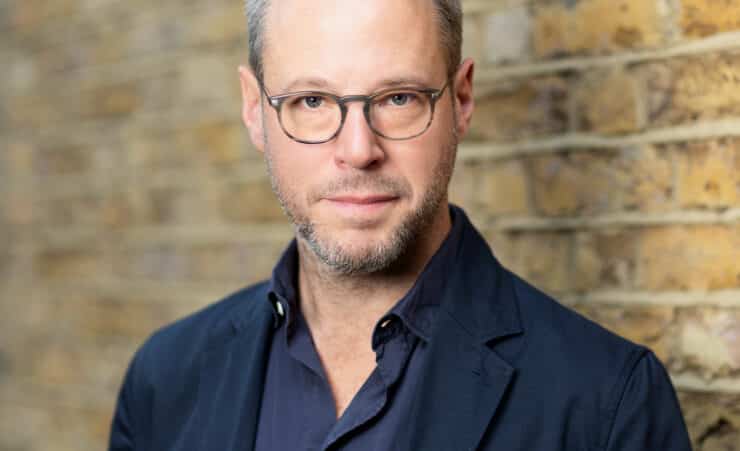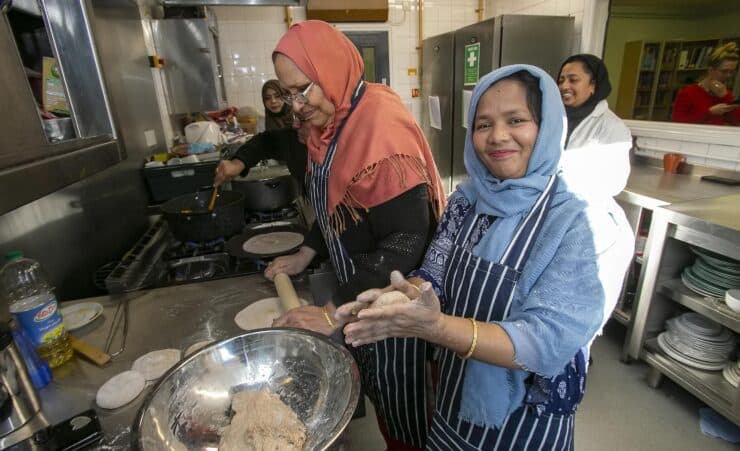
How learning can underpin quick action in foundations
In October, Lloyds Bank Foundation for England and Wales published a short learning output, Lessons In Funder Practice, that attempted to distil lessons learned as a Foundation during our 2018-2022 philanthropic strategy, Reaching Further.
Unavoidably, the pandemic was the defining event of the strategy, and shaped every lesson that emerged. It radically upended the world our partners work in, the small charities who stepped up to serve the communities at the blunt end of Covid. But it also opened opportunities to question the received wisdom of our ways of working as a funder, and the appetite to reconfigure our organisational routines. This wasn’t ripping everything up to start again: instead, a reimagining of what the three pillars of our strategy (funding, development and influence) needed to look like in the new normal.
Our listening practices
The first step was to make sense of what was needed on the ground.
We asked charity partners directly what support they and the communities they work in needed, but how we did that had to change: listening without getting in the way, combining structured and unstructured sources of evidence, moving quickly to put in place the additional resources and support that were asked for. We also sought, as far as possible, to triangulate what we heard information from others (like IVAR’s regular Covid-19 briefings).
The process was imperfect, but it underpinned the Foundation’s confidence to take action quickly.
Lighter touch reporting
We moved to reduce our demands on grantees, while they focussed on adapting their own work.
We substantially simplified the volume of information requested through our annual monitoring forms to focus on the most critical data for the Foundation’s understanding of the situation on the ground. Most significantly, we no longer ask applicants to report back on data on the individuals they support.
This was underpinned by a recognition that some of our old ideas about how much can be planned – how much certainty we have about the future – no longer held. Our new grants are all unrestricted, emphasising building the capacity to change and adapt, rather than setting objectives three years in advance.
As a signatory of IVAR’s Open and Trusting grant-making movement, we want to ensure this shift is for the long term.
It also meant we could pilot new forms of collecting data: through conversations rather than written forms, and through intermediaries such as consultants working with the organisations we partner with, reducing the bureaucratic burden of serving funders’ needs.
The volume of information coming to the Foundation is now much more streamlined. Collecting less but more targeted data means we are no longer buried by information we don’t have the bandwidth to make use of.
Investing in self-evaluation
Our ability to adopt new practices is due in part to our decision to insource some of our evaluation capacity. An internal secondment in 2021 meant we could recruit an evaluation colleague to look specifically at the impact of our Covid response support.
We had to be open eyed that this sacrificed some of the benefits of an independent evaluator – the external view that can challenge the assumptions, blind spots (and power dynamics) of a grantmaker. It also meant the internal evaluation team had to make judgements about the merit of colleagues’ efforts. But the trade-offs were manageable – being ‘one team’ meant that we could feed evaluation findings into decision making more quickly and ultimately we weren’t outsourcing knowledge and organisational learning.
Doing more thinking out loud
Publishing Lessons In Funder Practice has been a conscious effort to do more of our thinking out loud. There is always a risk that, once the adrenalin of the crisis passes, organisations revert to type. We want to be accountable to our grantees – and others in the sector – by making visible the grounds for our future strategic direction, and committing to embed the lessons permanently into our organisational routines and practices.
In our new strategy, that has meant doubling down on many of the changes we made in the pandemic – fewer conditions attached to grants, flexible additional support to build organisational capacity, a greater focus on charities led by-and-for the communities they serve, such as Black, Asian and minority ethnic communities and d/Deaf and disabled peoples’ user-led organisations.


